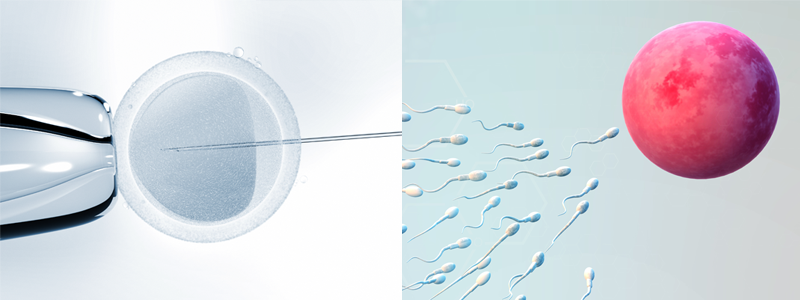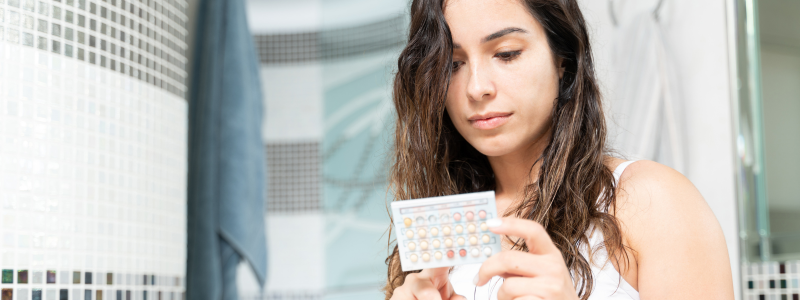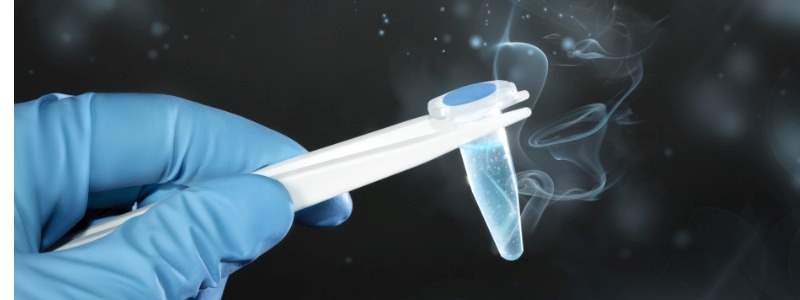How to explain endometriosis to your boss; dealing with the condition in the workplace.
It seems to be a subject that is finally getting more exposure and attention in certain media and online thanks mainly to the bravery and persistence of suffering women, but endometriosis is still by far a
condition that in the workplace remains a hidden and so little understood disease.
When looking at the facts, those who are finally diagnosed account for the statistic that is often recited when summarising the extent of the disease; that one in ten women suffer. So when applying that broadly to the workplace, depending on where you work of course, you could have hundreds of women going about their daily work duties, suffering largely in silence.
It wasn't until my own diagnosis back in 2016 until I started to look back over some real low points during the years prior, particularly experienced in the workplace and could finally make sense of it all.
I have always worked in media. Busy, buzzy offices. I landed my dream job out of university; working at a record label in digital marketing. Going to gigs, showcases, attending label meetings headed up by the label
president weekly and coming up with digital strategy for such a cool range of artists. It was a sociable job, my one goal after my studies and something I had worked so hard to achieve.
‘Sorry, not feeling 100%, need to leave the meeting’ was a text I had sent my boss across the room one Monday morning as the president of the label was hosting his weekly all-department meeting, one where I was frequently asked to share marketing plans and updates. I was in comparison, a very junior member of staff in that meeting and it was so exciting to be included. But on more than one occasion I just couldn't last the whole hour. Namely around the time of my period. I’d be sitting there trying so hard to focus on what was going on, when inside me a hot, twisting, jabbing pain was surging all around my pelvis and torso. It would drag and spike to such levels that I would hold my breath, oblivious to what anyone was saying around the table and pray for it to subside.
I would sometimes escape to the nearest loo in the office, to just sit there doubled over, rocking back and forth waiting for it to pass. Or other times I would have to get out in the fresh air, aiming to walk and stretch it off up and down Kensington High Street. There was never a perfect prescription for what to do when the pain took over. But then came the embarrassing explanations to those who had seen me slope out of the meeting room. I would never tell them exactly what was going on, just that i’d felt a bit panicky and faint. I’d leave it at that. And I felt stupid, like a special case. I never really told my (male) boss what was truly going on either, in part because at the time I assumed I either just had terrible periods or IBS according to my doctor. Both equally as undesirable a subject as the other. I’d just make sure that my work never suffered as a
result, probably totting up more hours in the office to show that I was absolutely capable of my workload despite ‘not feeling 100%’.
So there I was, in the dark about what the pains actually were, trying to do a good job but feeling completely exhausted by it all. How could my period make trying to function like a normal human so bloody difficult?
Fast forward and my next job came in the way of working in TV. This time I was more senior, more visible. I lose count of the times I have been stood having a chat with someone in the corridor on my way to the loo to resume the hunched over position until the pain eased. And in this role I no longer just attended meetings, I hosted them. A mix of painkillers, rescue remedy and almighty grit getting me through some
really tough situations.
I was finally diagnosed in 2016, aged 35, some 11 years after my job at the record label. And many more years before that where I would encounter the pains that I didn't have a name for.
In a sense, finally understanding what was wrong with my insides, having a term for it and at last not feeling like I was overreacting to something so ‘normal’ for women, a huge sense of relief poured in. Of course, I wasn't delighted at the news given it was at a time when my husband and I were trying for a baby, but to have something to work with, finally felt like a starting point.
In writing this blog, I wondered what I would’ve done differently back when I took that first post uni job had I known more about what I was suffering from. It’s hard to go back to imagine what the old you would’ve
actually done. With age has come a greater sense of confidence in many ways, especially when it comes to being a woman. More than ever, I think it is so incredibly important to talk out about women's health,
to raise awareness and understanding about the different cycles of life we go through and the often problematic health issues we can face along the way.
My workplace advice to you, if you are reading this as an endometriosis sufferer, or if you suspect that you are:
- Push for that diagnosis. First thing’s first, check over the symptom list for endometriosis and be persistent in finding out if you are a sufferer. You have to keep on pushing. Don’t accept that the pains you are in or the ongoing infertility is normal or something to just put up with. It can be a truly life altering condition and the sooner you are clear on if you have it, the sooner you can move forward in trying different ways to tackle it. I was finally referred and had private healthcare via my employer to enable me to be seen and operated on, so always check on any workplace health care policies you have too.
- Talk. Finding someone at work to open up to might just alleviate some of the burden you are likely carrying around. I carried a lot of guilt and embarrassment before I knew what was going on inside me. I hated feeling like the odd one out or the girl with the really bad period pain. But know that you are not going to be alone here. The stats speak for themselves.
- Look into any groups or societies in the workplace where you can raise endo as a legitimate condition that likely effects a large portion of the workforce. Does your employer have a policy or guide on supporting those with chronic health conditions? Can HR help with this?
- Be straight with your boss. I now see that opening up to your boss actually only serves to increase respect in both directions. It will make sense of certain situations your boss might have experienced with you before and it will also help explain future ones. Be honest. You have a disease. Describe how it manifests. Explain how it effects your day to day life and the different ways you try to manage it. Perhaps suggest some ways in which you might feel better supported from your workplace when experiencing a flare up. The more your boss understands the condition and how it presents in you and what you do to try to manage it, the better armed he or she will be in supporting you and putting measures in place if needed.
- Call in SICK. Because my dear, you ARE. The times I have woken at 4am to the knifing pains inside me and still gone in to work because of how cliche it all felt, to have period pains, for a woman to complain about her period. But right here, I am calling BS on that ok? This isn't period pain. This is disease.
- OR approach some flexible working arrangements. What is your employer policy on working from home when needed for example? Working from your sofa, with a hot water bottle, in your PJs is still
work. - Seek mental health support too. It’s not just the physical side of endometriosis that takes its toll. The range of emotions, stress, anxiety and sometimes depression that can strike when having a flare up or when battling secondary conditions resulting from the disease like infertility, can amount to a huge load on your plate. You already carry around so much by just having the condition, can your employer offer any talking therapies?
- Educate HR to the condition. A great resource for this is endometriosis-uk.org and in particular suggesting that your place of work consider becoming an official ‘Endometriosis Friendly Employer’ - more info on that here - but it would hold your employer to account in becoming better educated on the disease and how to support employees who suffer.
- Phased return to work post surgery. If you opt to have laparoscopic surgery for your endometriosis, or more life altering surgery such as hysterectomy, consider arranging with your workplace a phased return to work and your duties. Recovery can take weeks and your body will need time to heal.
- Lastly, continue to be brave. As an endometriosis sufferer you are already braver than most. But, in speaking up and out about women’s health you will be serving a vitally important purpose. For too long, health matters experienced only by women have been brushed under the carpet. And the reasons for that are nowhere near as important or valid as the need to create lasting change.






